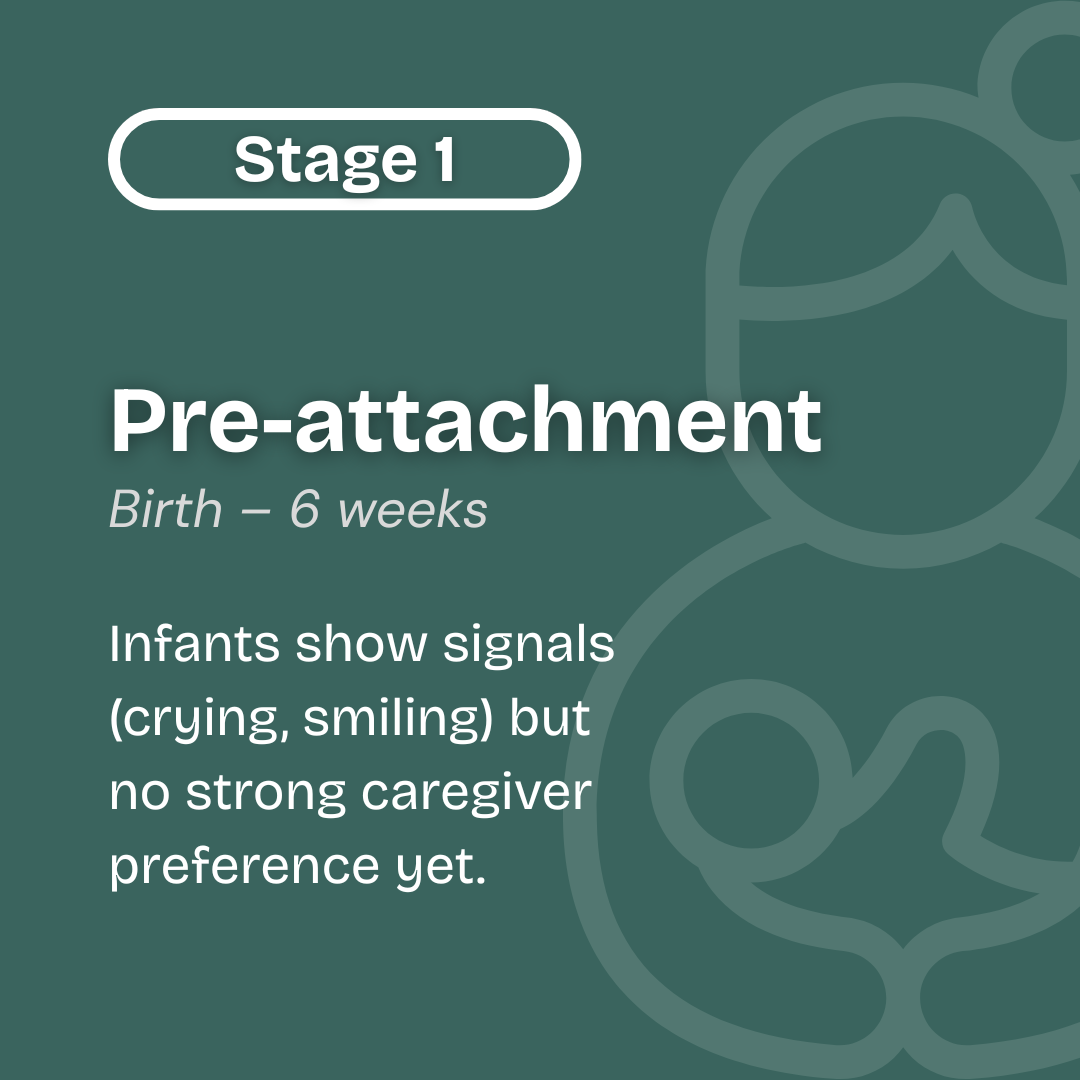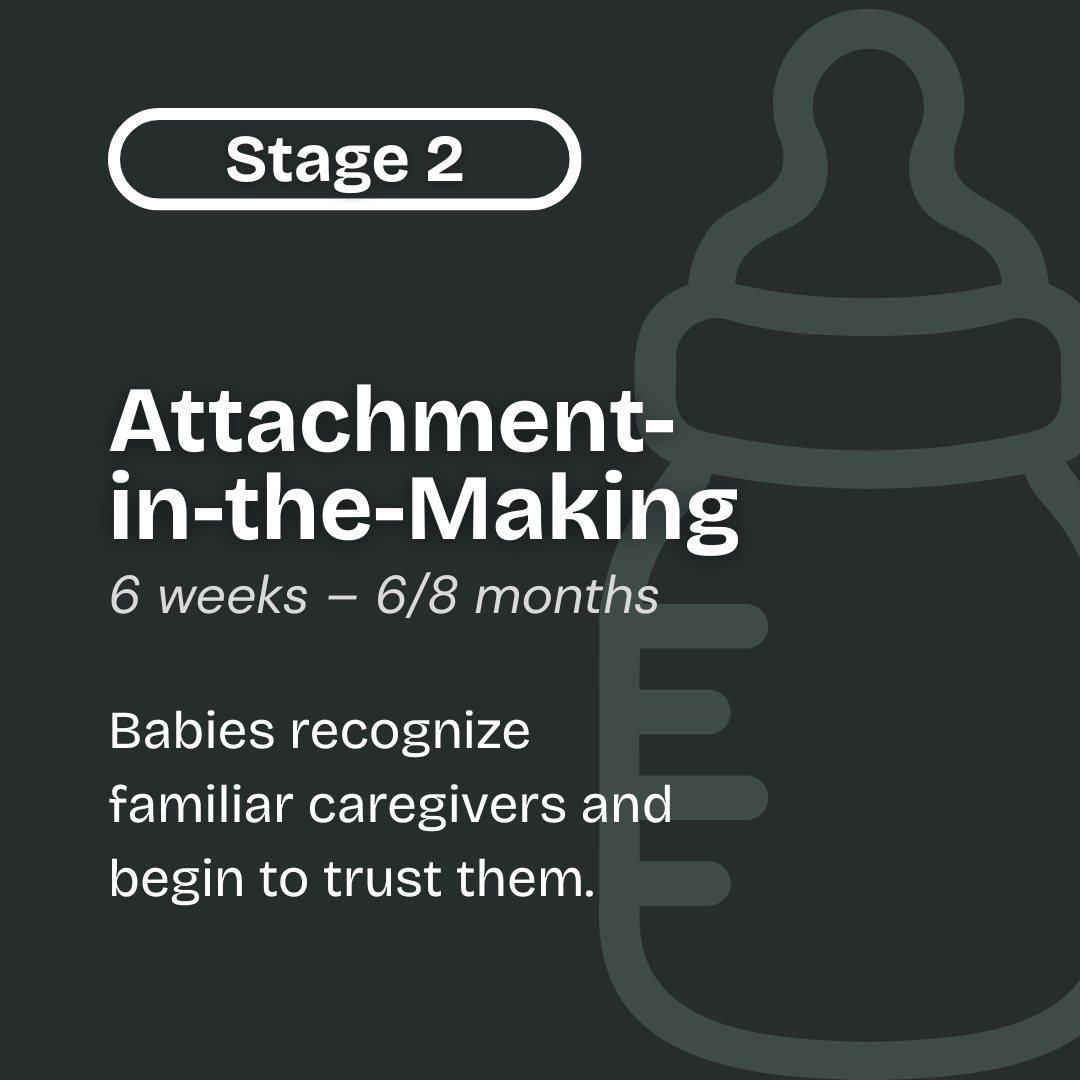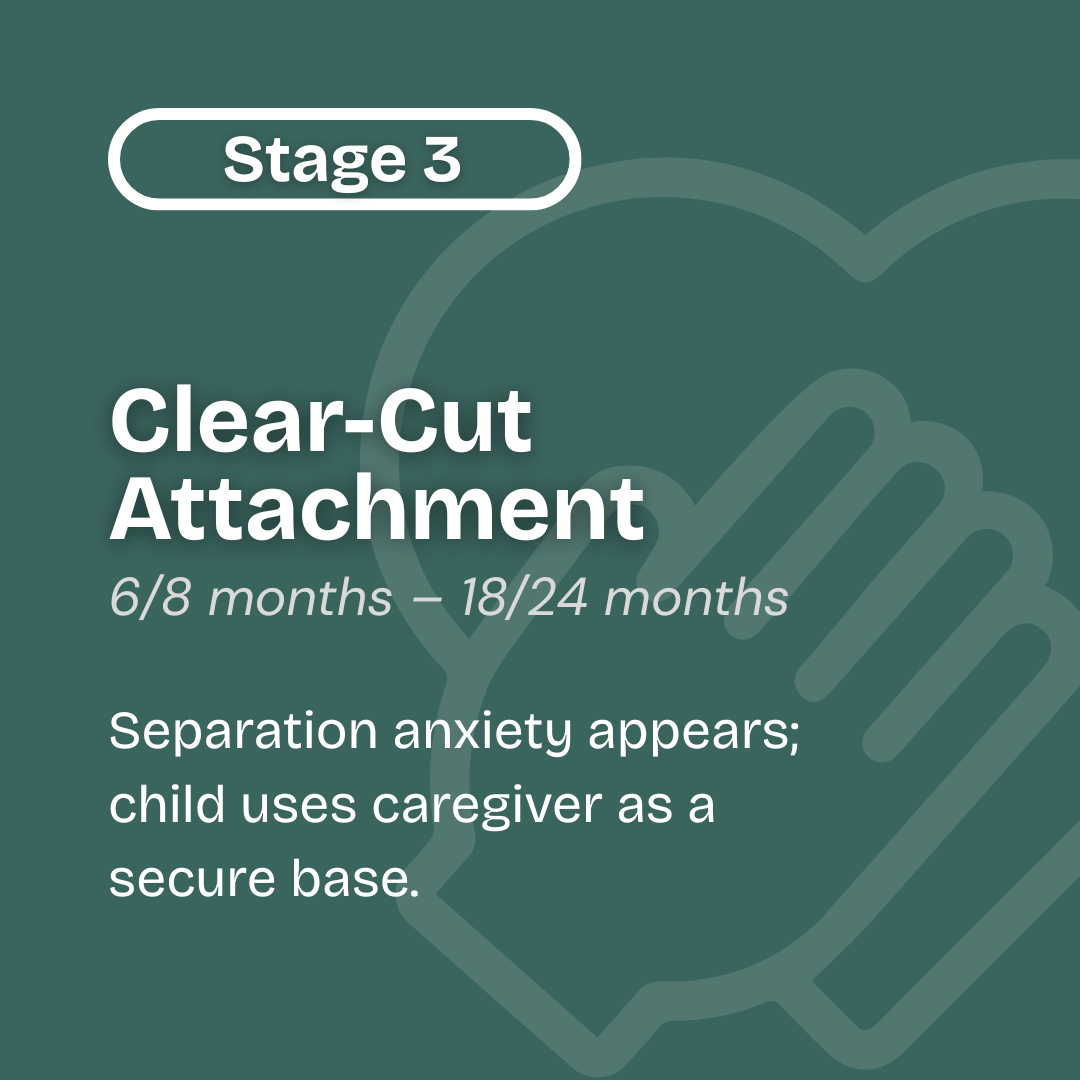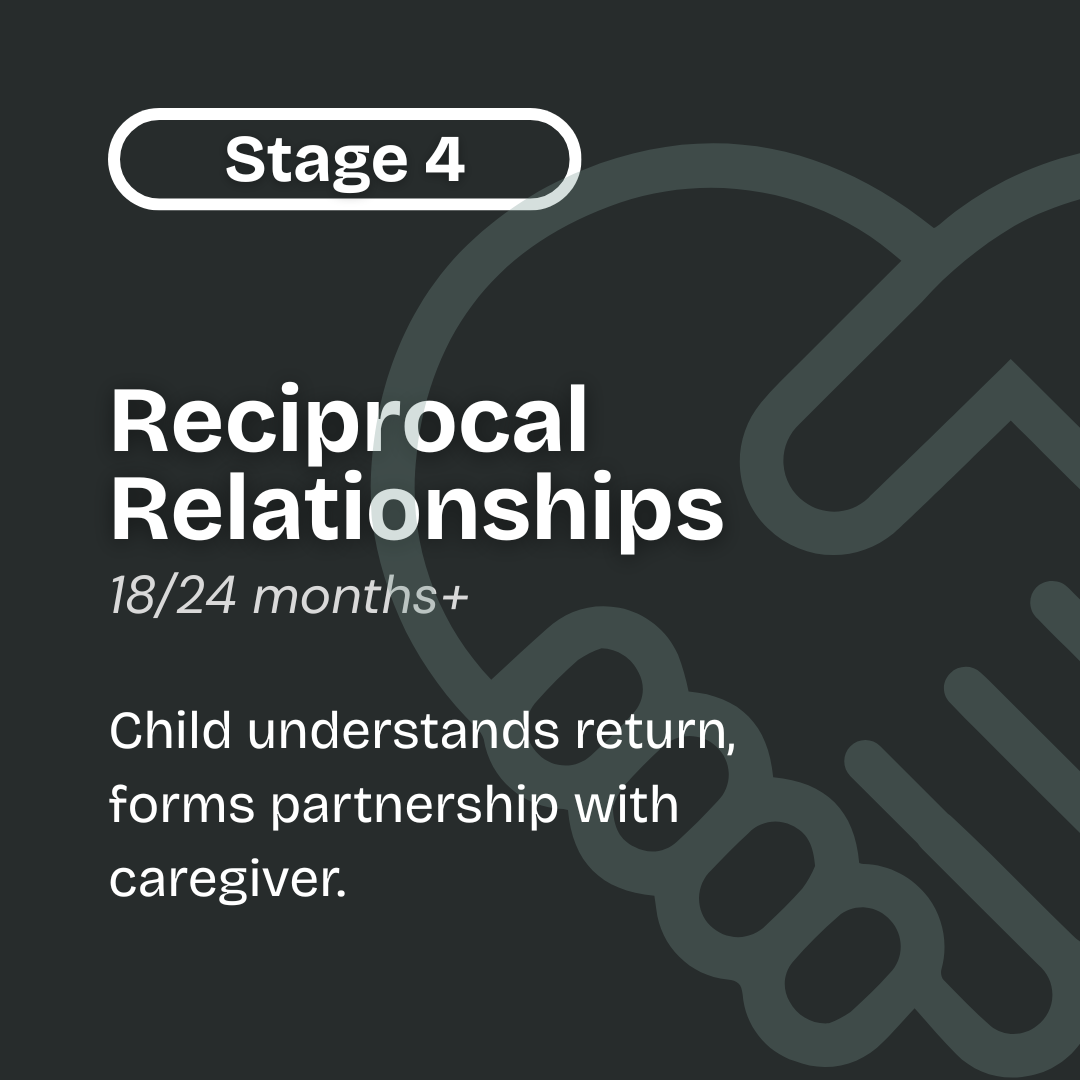ABOUT JOHN BOWLBY
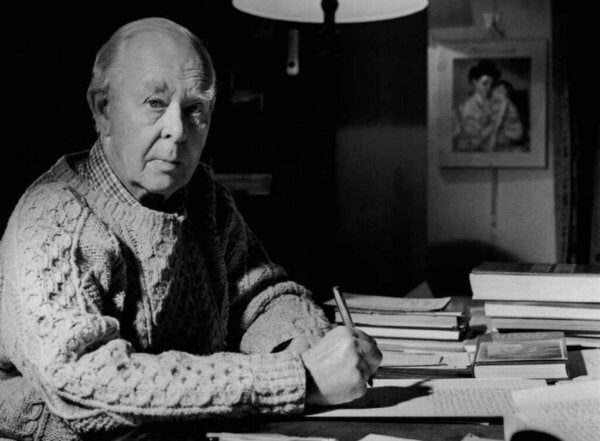
John Bowlby was born in London in 1907 into an upper-class British family. Raised primarily by a nanny, he experienced emotional distance from his parents—a common practice among affluent families at the time—which would later influence his views on child development. He was deeply affected when his beloved nanny left the family when he was just four years old, a loss he later described as traumatic.
During World War II, Bowlby served in the Royal Army Medical Corps, where he observed the psychological impact of separation and loss on children displaced by war. This period further shaped his belief in the importance of stable early attachments.
Professionally trained in psychology, psychiatry, and psychoanalysis, Bowlby blended these fields to develop attachment theory. Influenced by his wartime experiences, his clinical work with emotionally disturbed children, and contemporary research in biology and evolution, he argued that the need for close bonds is a basic human instinct. His work laid the groundwork for understanding how early relationships influence mental health across the lifespan.
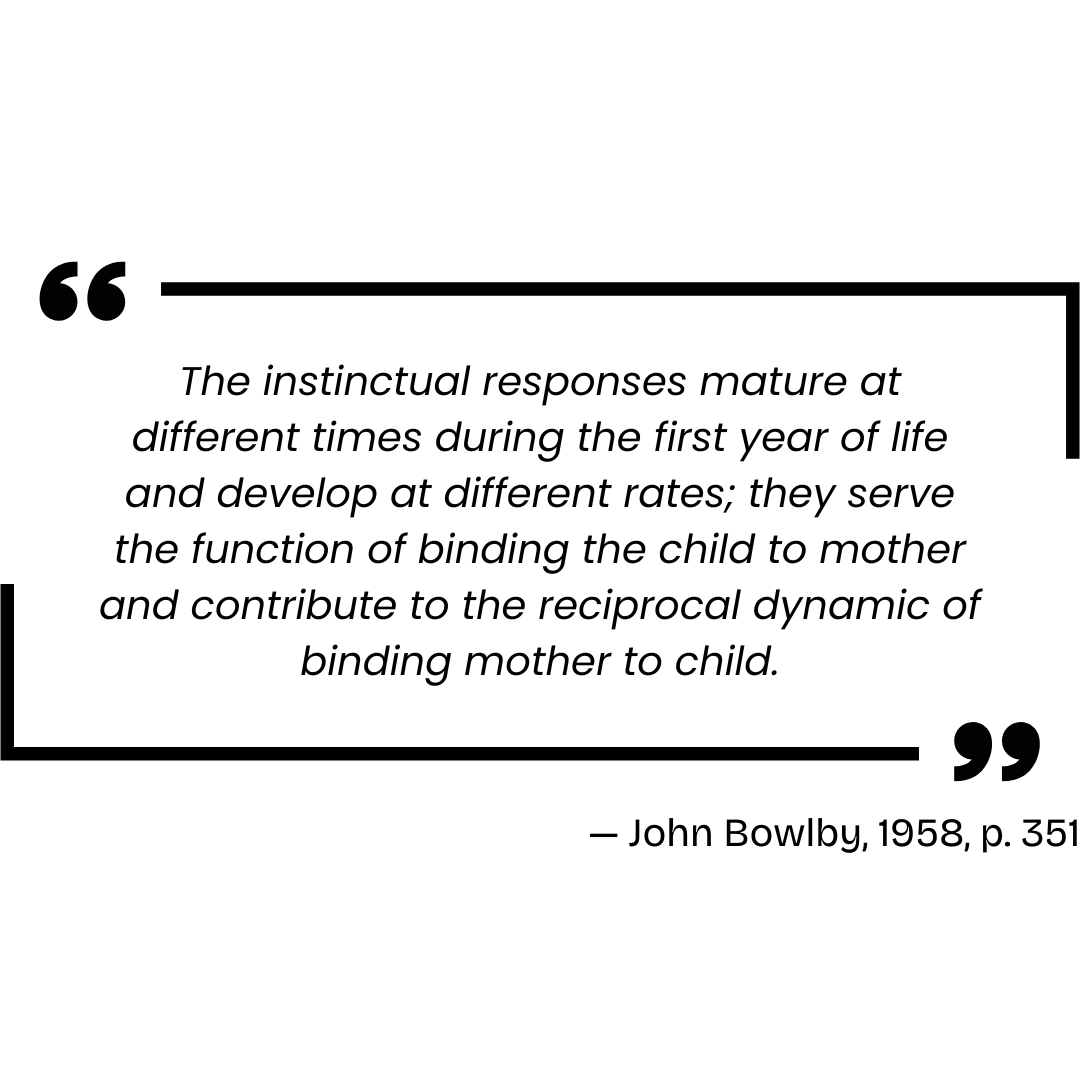
ATTACHMENT THEORY
British psychologist John Bowlby (1969) proposed the attachment theory, a theory that explains how and why a newborn becomes so emotionally connected with its mother.
